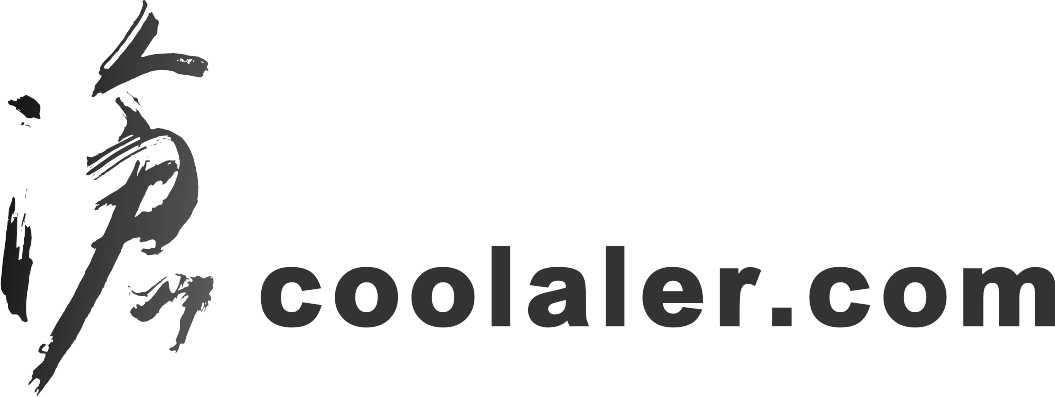affiliatemkkt2
Why I Use Marketing Tracking Software (And Why You Should Too)
As someone who's been navigating the world of digital marketing for years, I’ve learned one undeniable truth: if you can’t track it, you can’t improve it. Marketing is no longer just about catchy slogans and pretty graphics—it’s a data-driven game. That’s why I swear by marketing tracking software. It helps me understand what’s working, what’s wasting money, and how I can scale my results.What Is Marketing Tracking Software?
In simple terms, marketing tracking software is a tool that monitors and reports on various marketing activities. It tracks data like clicks, conversions, customer journeys, revenue attribution, and more. Whether I’m running email campaigns, paid ads, SEO, or affiliate promotions, I need a centralized system that tells me how each effort performs.Some platforms focus on web analytics, others are designed for ad tracking, and some specialize in affiliate marketing. Depending on my marketing goals, I use a mix of tools—but the common thread is data visibility. Without it, I’d just be guessing.
The Benefits I’ve Experienced
1. Better Decision-Making
With tracking software, I don’t have to go with my gut. I look at real-time dashboards, compare campaigns, and quickly spot the channels that bring the highest ROI. For instance, when I launched a multi-channel product promotion last year, I was surprised to find that my affiliate partners were outperforming both Facebook and Google ads. Without tracking, I never would’ve known.
2. Precise Attribution
One of the biggest challenges I faced early on was understanding which channel deserved credit for a sale. Was it the Facebook ad that brought the first click, or the email that sealed the deal? Good tracking software uses multi-touch attribution models, giving me a much clearer picture of the customer journey.3. Performance Optimization
I can’t tell you how many times I thought a campaign was doing well—until the data proved otherwise. By tracking metrics like click-through rates, bounce rates, and conversion rates, I can identify weak links and fine-tune everything from messaging to landing pages.Why I Chose UpPromote for Affiliate Marketing
When it comes to affiliate marketing, I needed a solution that was powerful, easy to use, and affordable. That’s when I discovered UpPromote. It’s hands-down one of the best affiliate tracking platforms I’ve used—especially if you’re on Shopify (like me).Here’s what I love about UpPromote:
- Easy Setup: I was able to launch my affiliate program in under 30 minutes.
- Comprehensive Tracking: Every click, referral, and commission is tracked precisely, so I can monitor performance at both macro and micro levels.
- Customizable Commission Structures: I can create different commission rates for different partners, which is super helpful when working with influencers or top-tier affiliates.
- Automated Workflows: UpPromote handles sign-ups, payments, and even emails. It saves me hours every week.
- Real-Time Reporting: The dashboard gives me an instant overview of my affiliate program’s performance, so I can make quick decisions.
Final Thoughts
Marketing without tracking is like driving with your eyes closed. Whether you're a solo entrepreneur, a growing brand, or a seasoned marketer, investing in tracking software is non-negotiable.For me, platforms like UpPromote have not only saved time—they’ve made me more money. And in today’s competitive market, having that kind of edge makes all the difference.
If you’re still relying on guesswork to guide your marketing, I’d strongly encourage you to start using a tracking solution. It’s not just about collecting data—it’s about making smarter decisions, faster.


